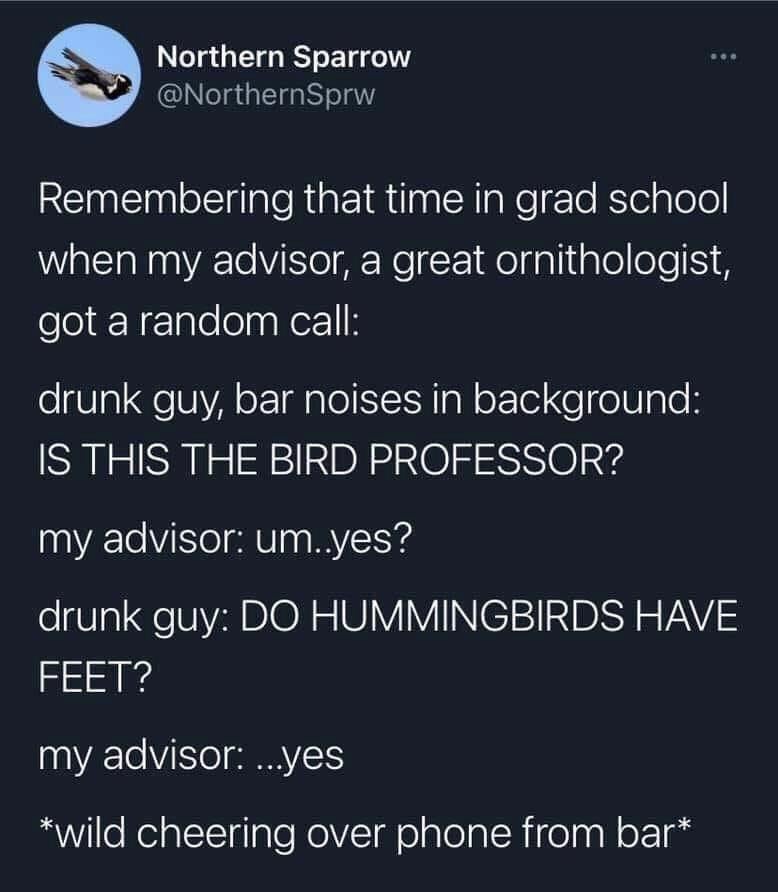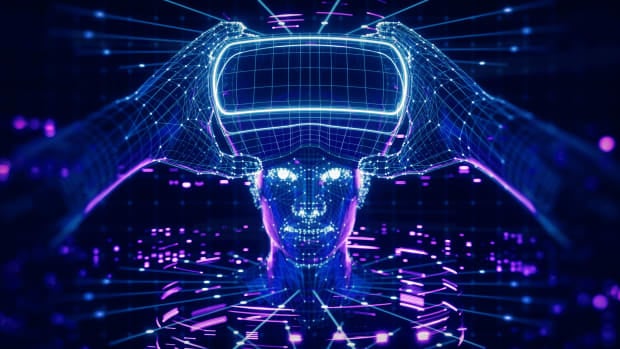I would imagine it was harder to get information on topics as you would’ve had to buy/borrow encyclopedias to do.
Were there proprietary predecessor websites?
Tell me about the dark ages!
Before that, you had to get your Encyclopedia on a CD. Encarta '98 was the shit. Some of the articles had pictures and even video clips! At 320x240 resolution and 15 FPS, but my laptop was playing real video, like a TV! It was mind-blowing shit. I watched the video clip of a earthquake in Kobe, Japan over and over again. If I remember correctly, there was actually a second video of people white-water rafting. Two whole videos, that I could play on my computer. Those were the days…
I also learned a ton about different instruments by playing that interactive game where you match them to their countries. Thanks to Encarta I was probably in the privileged minority of American 8 year olds that knew what the heck a digerido, pan flute, or sitar was! :D
AHH Encarta and the mind maze
IIRC it also had a clip of the Apollo 11 launch and moon landing. Amazing stuff.
So you wanna play some basketball?
My school in the 90s had to ban watching the Encarta Basketball video. We’re in the UK and don’t really have much of a basketball culture but students flocked to the computer room every day to watch it because of the novelty of seeing a video play on a computer monitor.
I also think I remember the earthquake video, I think Encarta 95 had about 6 videos…
One word: Encarta.
Three thousand this 👆
Remember the Mindmaze game in Encarta?
Yes! I loved the mind maze. I was never really good at it (English is not my native language), but it was always fun to play.
I would bother my parents afterwards with all the facts I had learned. They were indulging at first, but even the greatest of patience will run out eventually :)
Encyclopædia Britannica also used to have a version released on DVD.
This.
“Don’t just copy and paste from Encarta” was commonly recited by my teachers when I was younger
I’m a little bit younger than you, so for me, it was used Wikipedia as a starting source, but do not reference it. Find your own information. We just used Wikipedia to familiarize ourselves with a topic and the terms that we would then have to actually look up and source other sites.
And before that, Britannica
I remember when this came out, blew my mind. 1 cd vs a couple hundred kg worth of huge analogue encyclopaedia books.
The introduction of CD-ROM was mind blowing for me. Encyclopedias, interactive storybooks, talking Carmen Sandiego?!
It felt so futuristic.
Let me tell you about borrow return policy at libraries and the associated fines for late returns and how to find something using the dewey decimal classification system. Fun times!
https://en.m.wikipedia.org/wiki/Dewey_Decimal_Classification
https://www.guinnessworldrecords.com/world-records/largest-library-book-fine-paid
Encyclopedias and libraries. I was lucky enough to have an encyclopedia set at home growing up, and I read the entire thing cover to cover, A to Z.

Wewould have to purchase the encyclopedia britanica every few years
I loved going to the library’s giant shelf of encyclopedias and picking one at random and flipping through the pages and skim reading.
The books were heavy and had a distinctive smell, and occasionally someone tore out a page and then that was just lost knowledge.
If there was a speicific question, Librarians were essentially our search engine, you’d ask them a question, and they’d think on it, maybe even ask a couple follow up questions, and they’d tell you to come back in a little bit or even a couple days, and when you return they’d hand you a list of books to find and checkout/read to find your answer.
It wasn’t fast, but it made finding answers and factoids its own adventure.
Going to the library was probably quicker back then when you could judt ride a dinosaur!
People used to call the Reference Desk at their local public library to ask a question and get an answer.
Instead of a webpage, you had a whole shelf of books laid out in more or less the same fashion as Wikipedia.
Fun fact: I learned about the Internet from the encyclopedia and begged my parents to get online. I used to just read those things like regular books. I only learned recently that when I first went online in 1993, the World Wide Web was literally only months old.
Encarta and Comptons
Everyone’s talking about encyclopedias but they weren’t always that useful either. They can only fit so much information in those books so some topics would only get like 3 sentences dedicated to them. So yeah, if you were writing a research paper for school you’d spend lots of time at the library trying to find books that had another smidge of information you needed.
If you were lucky, you’d find a really good book that was very relevant to your topic and lean heavily on that. Otherwise, you’d wind up with like a few sentences each from a dozen books that you have to tie together somehow. Wasn’t fun.
It’s surreal to me that there are people who don’t know what life before Wikipedia was like, lol.
Maybe it’s relevant to understand that the increased access to information hasn’t always translated to people being more informed. There are many people in my life who don’t actively look things up and who don’t have the curiosity or willingness to even check Wikipedia.
So it is still now a bit like what it was like pre-Wikipedia - people mostly relied on other people for knowledge, and knowledge was thus local and socially shared, not necessarily that factual or based in books. I still think this is the dominant way people live, but now social media is an extension of that “local” socially-mediated knowledge. TV and radio were sorta like social media before, it was the way things became “viral”.
I think now like then, looking something up on Wikipedia sets you apart from a lot of people, it makes you bookish, nerdy, or pedantic - as if the folk knowledge wasn’t good enough for you and you have become a traitor to your people by seeking something more from the stacks.
As a scientist, I used the CRC Handbook of Chemistry and Physic a lot, also known as the ‘rubber book’. Mainly to look up refractive index values at the time (1990-2000). It’s full of all sorts of reference values, boiling points at different pressures. Physical constants & formula.
We had libraries and librarians, the library was an amazing place, soo, soo many books, and you could take them home for a few weeks, for free!
And if you had trouble finding something a librarian could help you find the book you where looking for.
Libraries are still fantastic, but have lost a lot of it’s magic since smartphones became a thing.
search engines and before that software encyclopedias and before that physical encyclopedias.
also libraries and they usually did not allow encyclopedias to be loaned out so that they were always available to people doing research. there was a section of books like that which were on site only use.
Physical held the least amount of info (you probably weren’t going to find much). Software like encarta was cool - had lots of info. But in the days of dinosaurs libraries was where it was at. It was common to ask an adult a question and you get either “I don’t know” or some BS that you believed was true (but wasn’t).
If you really wanted to know, you’d ask the librarian at school or at your towns public library and they’d help you find a book on that topic. Libraries were magical places - even for the people who were too cool to admit it.
oh yeah and not just for information. Before lotr no media could beat a good book.
Encarta. And something I can’t remember the name of that had a man’s bald head with grey hair on the sides…











